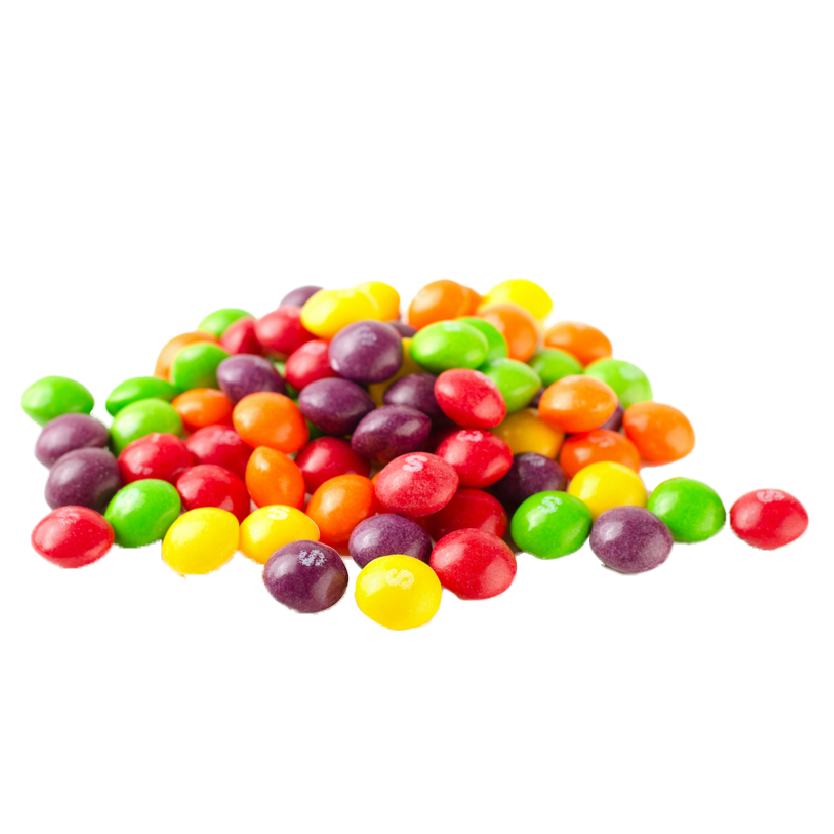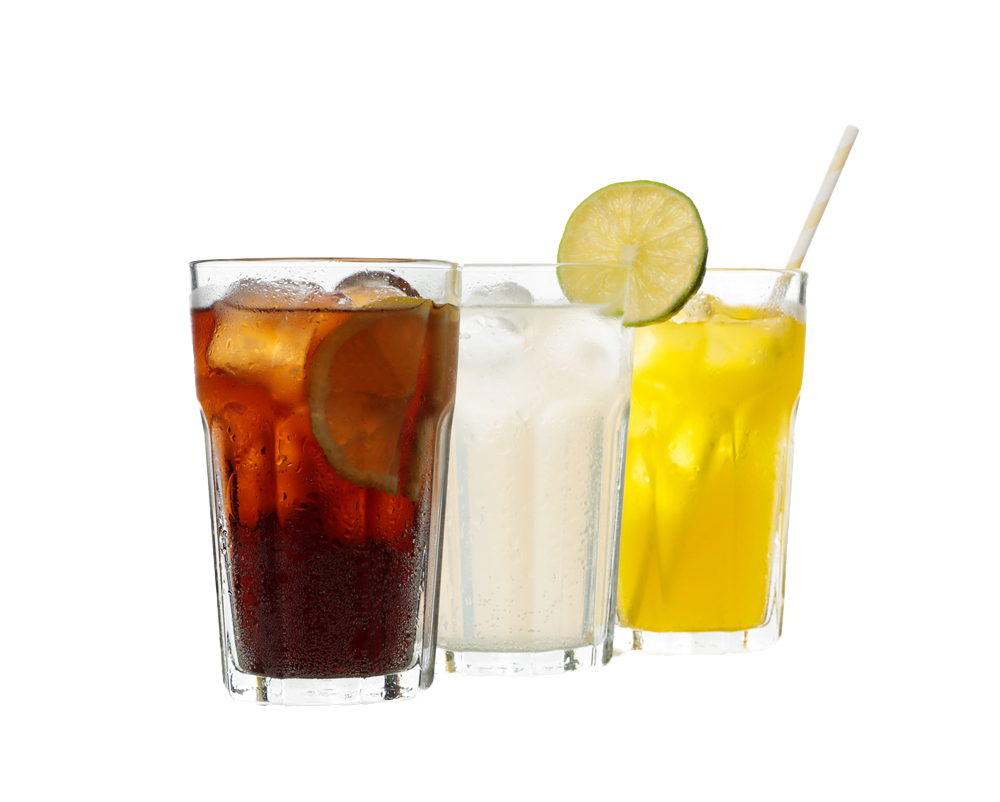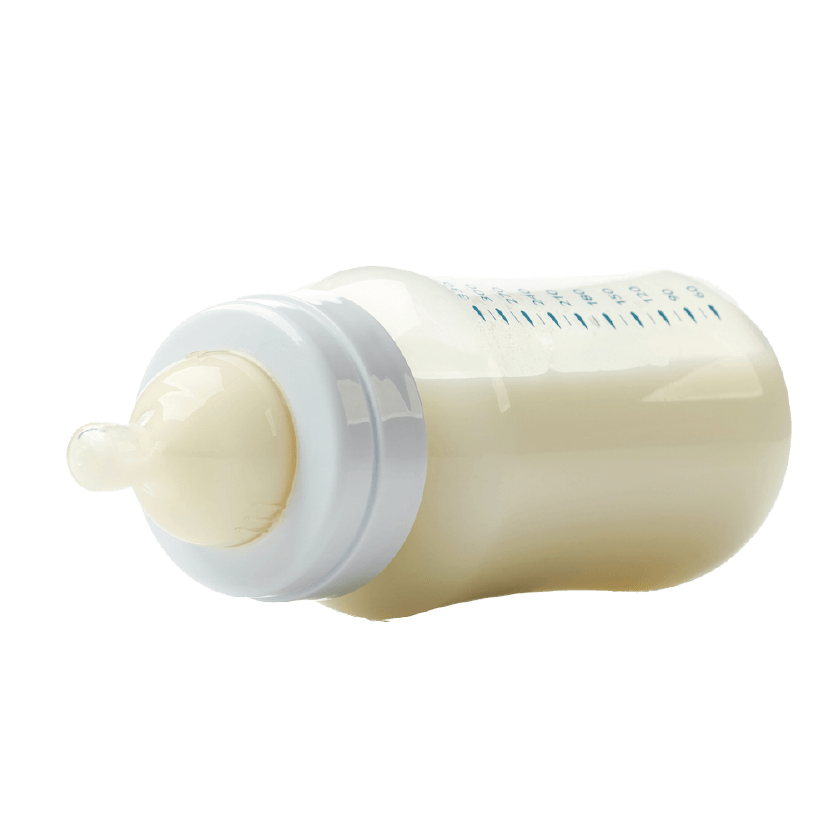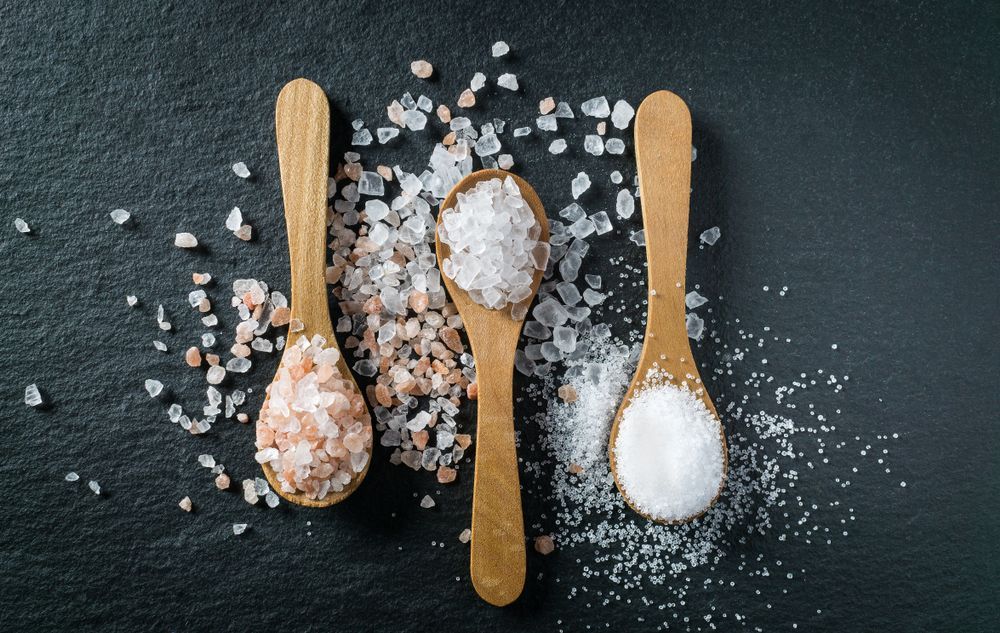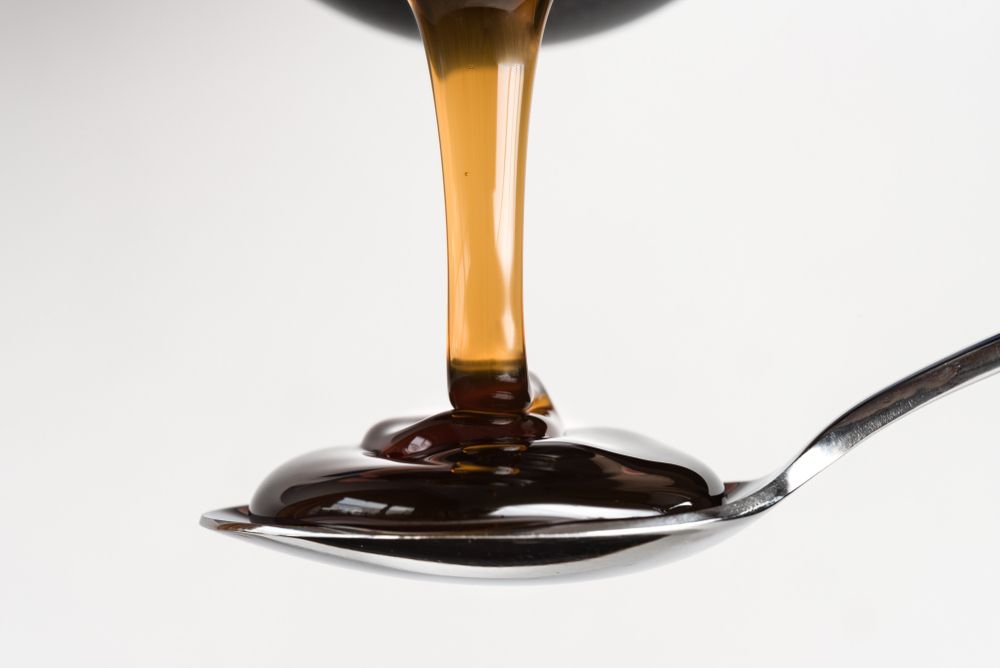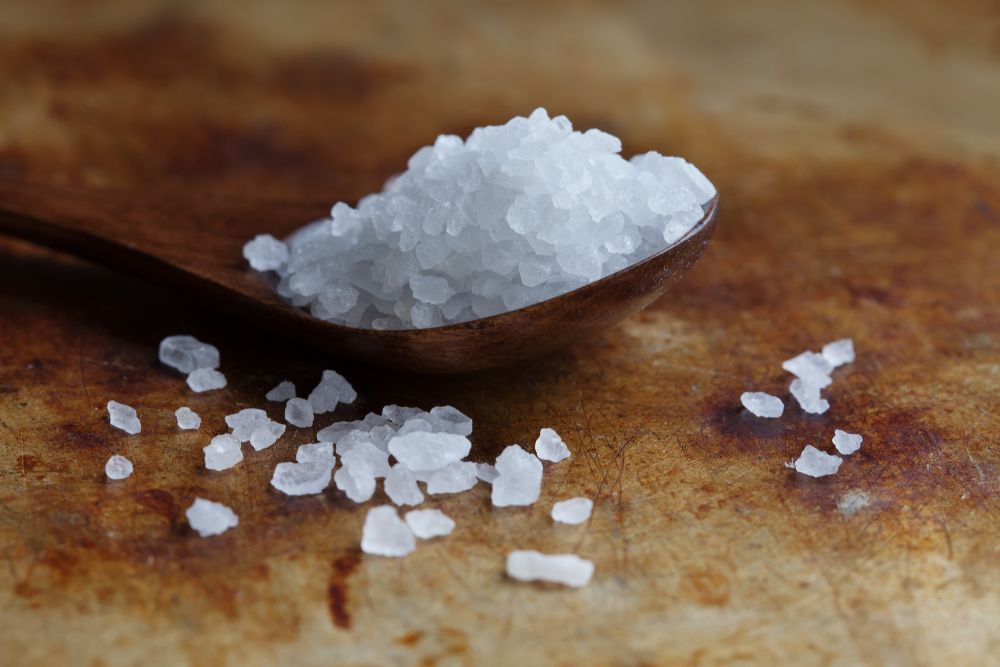Corn Syrup vs High Fructose Corn Syrup: Key Differences Explained

With years of buzz around the heavy usage of high fructose corn syrup and some of its negative health effects, it's not unheard of for many people to conclude that corn syrup is just as bad. Even though the name corn syrup sounds like a shortened version of high fructose corn syrup (HFCS), it is in actuality its own separate product. We will explore the differences between corn syrup, high fructose corn syrup, and cane sugar, along with the uses of each, and where you can buy them.
Is Corn Syrup the Same as High Fructose Corn Syrup?
Although both are made from cornstarch, these two syrups should not be confused with the other. In fact, high fructose corn syrup is made from regular corn syrup. Think of high fructose corn syrup as the highly processed and altered child of corn syrup.
For corn syrup, the glucose gets extracted from corn, then made into a syrup by using boiling water. Put simply, corn syrup is essentially just liquid glucose.
High fructose corn syrup doesn't stop there. The glucose from the cornstarch gets converted into fructose after exposure to enzymes, thus resulting in a different, much sweeter product. Manufacturers of HFCS can control the sweetness level by limiting the amount of fructose converted. This is why you can find different types of HFCS, depending on how much fructose is in the final product.
Because it's made of glucose, corn syrup is usually considered the better option health-wise. Glucose is much easier for the body to digest. Fructose, in contrast, can only be digested through the liver, which can be strenuous on the body when consumed in large amounts.
Cane Sugar vs Corn Syrup: Which is Healthier?
We've already discussed two products made with the two types of simple sugars; glucose and fructose. Corn syrup is unique since it's made entirely out of pure glucose. This sets it apart from regular granulated cane sugar, which is entirely sucrose. Sucrose is a complex sugar, made with both fructose and glucose. This just means it needs to be broken down into its two simple forms before it can be absorbed by the body. This is mostly done in the mouth, but the small intestine is left to do the remainder of the work.
Although the body has an easier time breaking down glucose, corn syrup really isn't any better or worse than cane sugar, high fructose corn syrup, or any other type of sweetener. Nutritionally speaking, there aren't any noticeable differences in the number of calories, carbohydrates, or other nutrients.
Common Uses of Corn Syrup
Corn syrup is a versatile sweetener widely used in the food industry for its affordability and functional benefits. It’s a key ingredient in baking and candy-making, preventing crystallization and creating smooth textures in caramels and gummies. In baked goods, it retains moisture to extend freshness, while in sauces and condiments, it ensures a smooth consistency.
Corn syrup is also used in beverages, frozen desserts, and processed foods for sweetness, texture, and shelf stability, making it a cornerstone of food manufacturing.
Uses of High Fructose Corn Syrup
High fructose corn syrup serves the same role as any type of sugar but tends to be a favorite of manufacturers, restaurants, bakeries, and other businesses in the food industry. The reason? In the United States, corn is abundant, making HFCS easy to produce for cheap. The savings get passed along to manufacturers, especially since you can use less high fructose corn syrup in recipes than other sugars because fructose is so much sweeter.
High fructose corn syrup is found everywhere. Most people think of sodas, juices, and sports drinks when they think of HFCS. You can also find it in many typical grocery or restaurant items consumed every day. A few other instances of high fructose corn syrup use include:
- Desserts, pastries, and candy
- Canned food, including added sugar fruits
- Breakfast cereals
- Other processed foods like fast food
Corn Syrup and HFCS vs Cane Sugar
Beyond the many uses and inexpensive nature, many businesses choose to use high fructose corn syrup for a few other benefits, even despite public health concerns.
- Ease of Use: The ready-to-use liquid form makes it easy to use for sweetening beverages. Since you don't have to worry about uneven dissolving, the beverage industry can create a more consistently sweetened product each time.
- Shelf Life: Products made using HFCS have a longer shelf life than when made with granulated sugar. You can even store high fructose corn syrup in the freezer without having to wait for it to thaw before use, since HCFC has a reduced freezing point.
- Consistent Taste and Texture: Fructose products retain moisture and dissolve better than other sugars. This creates more consistently sweet results with a better, smoother, more moist texture.
Where to Order Bulk Corn Syrup and HFCS
Restaurants, bakeries, and the food industry as a whole deal with large amounts of overhead costs, so it's predictable to imagine you would want to cut costs where you can. Purchasing high fructose corn syrup can help reduce the amount of product you need to order so you can save on storage and get the same amount of sweetness. Better yet, ordering in bulk from a reliable sugar supplier can save you even more!
Whether you are looking to add the right amount of sweetness to a coffee beverage, or mass produce tons of cookies, high fructose corn syrup is an inexpensive option to keep your treats sweet.
Indiana Sugars sells 42/43, 62/43, and 63/43 bulk corn syrup, and 42 and 55 HFCS bulk HFCS, so you can get everything you need with less hassle. Whichever liquid sweetener you need, we have you covered from one of our many warehouses across the country.
Get in touch with us today to place your order or to learn more about our top notch sugar supply.
High Fructose Corn Syrup
HFCS offers enhanced stability and functionality in food and beverage products.
Corn Syrup
Corn syrup adds volume, soften texture, prevent sugar crystallization, and enhance flavor.
Dry Corn Syrup Solids
Corn syrup solids are used by food processors who need the functional characteristics of liquid corn syrup in a dry form.
Invert Sugar
Invert Sugar is a premium, pure sugar solution that was developed to provide an alternative to granulated sugars.

